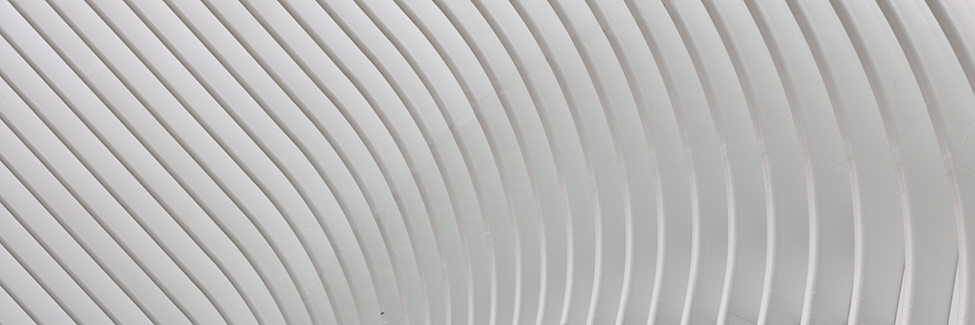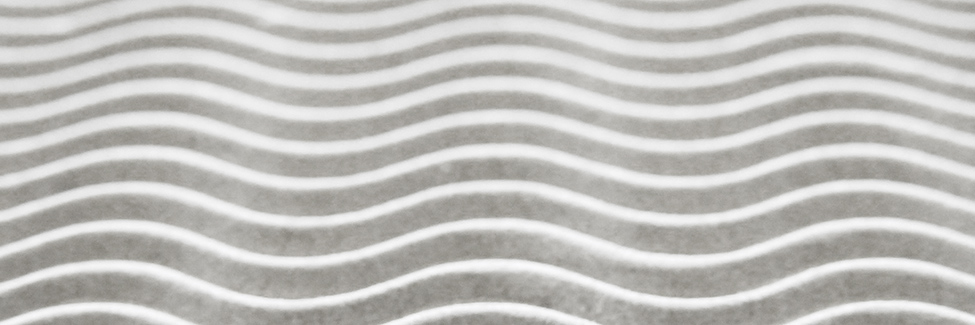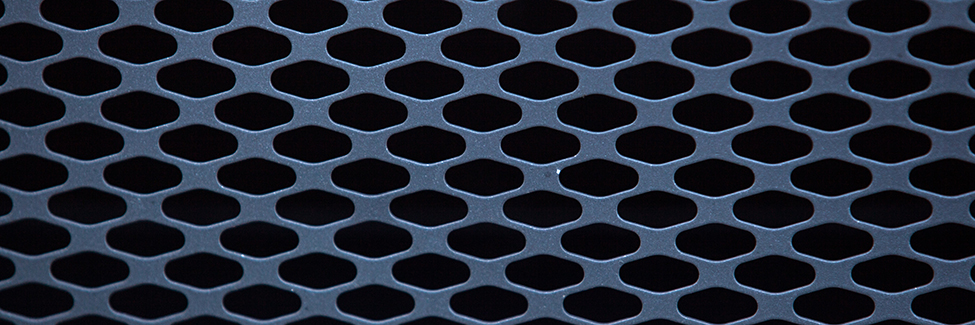
How to Choose the Best Air Purifier | Research Guide
Air purifiers help to control and reduce the negative effects of poor air quality by filtering out allergens and other dangerous material from your home or office. If you’re suffering from respiratory problems caused by irritants in the air, you should think about investing in an air purifier.
What Is An Air Purifier?
Air purifiers are appliances that remove particles (dust, hair, pollen, bacteria, etc.) that affect lungs, irritate airways, and worsen allergies. Air purifiers pass these particles through highly efficient air filters to improve air quality. These devices are often shaped like sophisticated portable fans and come in both domestic and industrial models.
Benefits of air purifiers are often touted by health professionals who claim they significantly improve quality of life (especially when used to combat poor air quality or health issues) for those who live in areas with high air pollution or with sensitive respiratory systems.
In this guide, we’ll help you find the air purifier for your home or office based on a number of factors.
When Should I Use an Air Purifier?
Air purifiers aren’t simply expensive fans. They filter our air contaminants, and many users report a reduction in symptoms like dry throats, migraines, allergies, and offensive smells. They often create a much more pleasant and healthy environment. They can even prevent significant diseases like pulmonary fibrosis.
Air purifiers filter out organic and inorganic material released as a result of daily activities or other environmental factors. They’re useful in removing, dust, mites, and hair.
In short, you should use air purifiers if you’re looking to improve air quality in a home or office.
Types of Air Filters & How Air Purifiers Work
The key component of any air purifiers is the air filter. Air is generally filtered through meshes that remove harmful particles that can cause allergies or other health issues. There are 4 primary types of filters used in modern air purifiers:
1. Nylon Filters:
These are the same filters that air conditioners use. Nylon filters are simply thin meshes that retain dust and other large particles. Nylon filters are also known as pre-filters. Since these filters are made out of foam or nylon, they can be washed and re-used. Thus not only the pre-filters act as good blockers for large particles, they have a good longevity too.
2. Active Carbon Filters:
This filter is composed of pure, porous carbon that transforms offensive air particles into solids through a chemical process. Activated carbon is made up of several compounds that only allow the passage of particles smaller than 50 nm (Nanometers). This part of the filter traps tiny biological particles that cause health issues and odors.
3. Synthetic Bag Filters:
Better known as the G4 filter, this variant looks like a plastic sheet but contains ultra-thin nylon yarns. It functions similar to the nylon filter, but the meshes are treated with chemicals to filter even finer particles of dust or bacteria.
4. HEPA Filters:
High efficiency particulate air (HEPA) filters are quiet, compact, and extremely effective. According to the American Society of Mechanical Engineers, HEPA filters must be able to remove 99.97% of small particles (0.3 micrometers) from any air that passes through them.
They offer powerful air-cleaning performance and are ideal for use in bedrooms, offices, or other areas where people are highly sensitive to air quality.
This kind of filter captures particles like pet dander, dust mite debris, pollen, mold, and more through a fine mesh of fibers.
Noise
Air purifiers force air through filters, which can be noisy depending on the model. Some air purifiers feature sleep modes and dim light modes to provide you with a sound sleep. These modes reduce disruption, and some models use noise-dampening material to cover noisy areas.
A purifier can make about 30 decibels of noise, a level comparable to leaves rustling in the wind. Noisy units on maximum power can reach up to 60 decibels, which can sound like an air conditioner. Generally, the more power your air purifier uses, the noisier your room will be. It should be noted that quiet air purifiers average only 10 decibels, which can be helpful when sleeping.
Air Ionizers
It’s important to note the differences between air purifiers and air ionizers. Air purifiers work with filters and purify the air by capturing unwanted particles through a ventilation process. Ionizers use anions (negative ions) that are released into the air and attract potentially harmful particles, forming a bond that weighs down those particles, removing them from the air.
Note that some ionizers and “hybrid” air purifiers (that use both ionization and traditional filtering) produce ozone emission, which can occur through the use of electrostatic precipitators. High levels of ozone can be harmful, especially to those with conditions like asthma. Regular cleaning of these units and correct use of “sleep mode” can mitigate effects, but be sure to take into account the level of ozone given off by any appliance..
Performance
An important air purifier metric to be aware of is the Air Changes per Hour (ACH), or how many times an air purifier filters all air in a room in one hour. Another important metrics is the Clean Air Delivery Rate (CADR), or the cubic feet per minute (CFM) of room air that has been cleaned – the faster the appliance purifies the air. These measures are basically identifiers of how efficiently the air purifier works. Other aspects to take into account are the noise level, the electricity consumption and the appliance aesthetic.
Benefits of Air Purifiers
For those who’ve never used air purifiers, introducing one of these devices can be revolutionary. Industrial air purifiers are often used in important spaces such as airports, hospitals, and shopping centers. Regularly use of these appliances can be a great choice for those who suffer from allergies, have strong reactions to air pollution, keep pets, or just want a cleaner home.
After cleaning, many particles remain in our home or office environment. Air purifiers cleanse indoor air, decreasing the accumulation of dust and catching particles we miss (or create) during regular dusting, vacuuming, and wipedowns. They also eliminate many offensive odors and deter mold growth.
Good luck on your next purchase – review our guides for recommended air purifiers.
Still have questions? Ask an HVAC expert directly via chat or phone.
Published on 2018-10-26 by Ben Travis
Last updated on 2021-04-11


